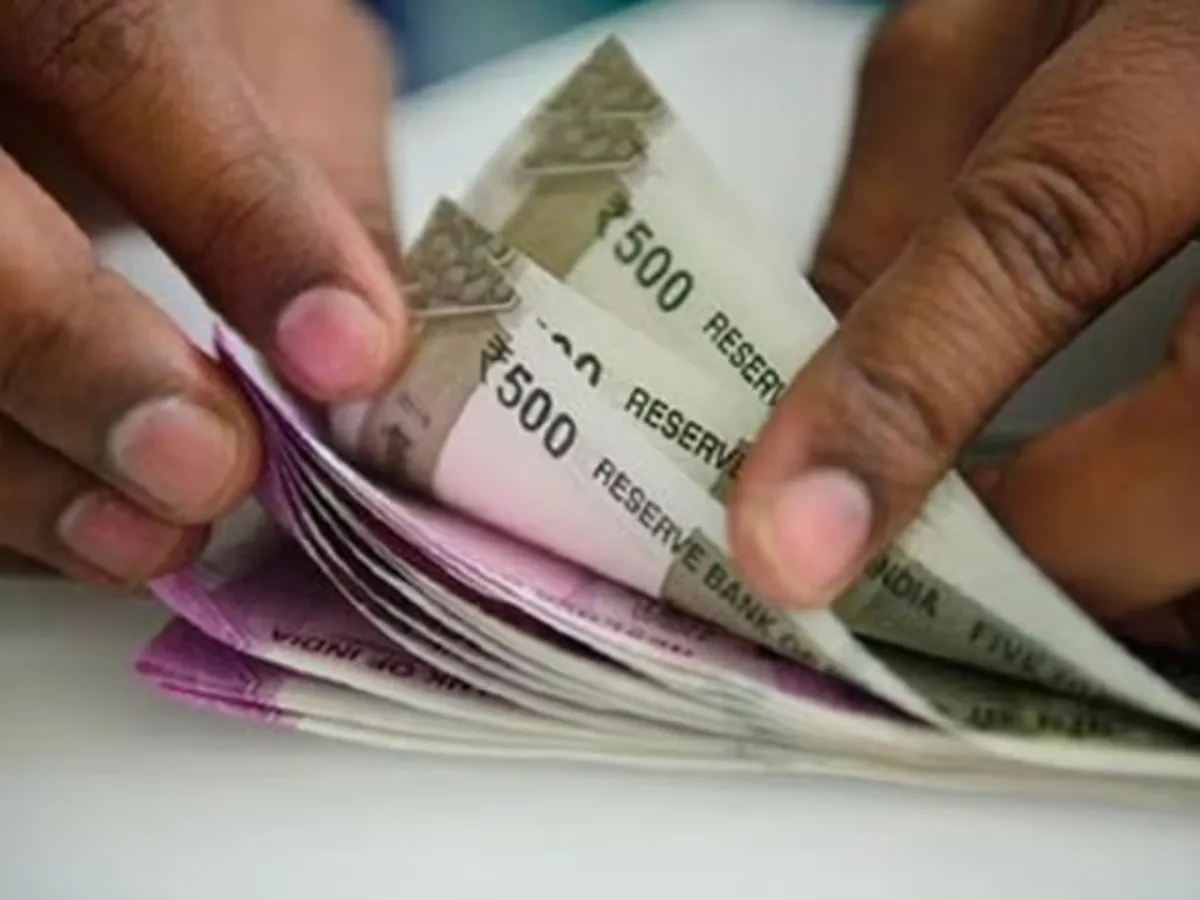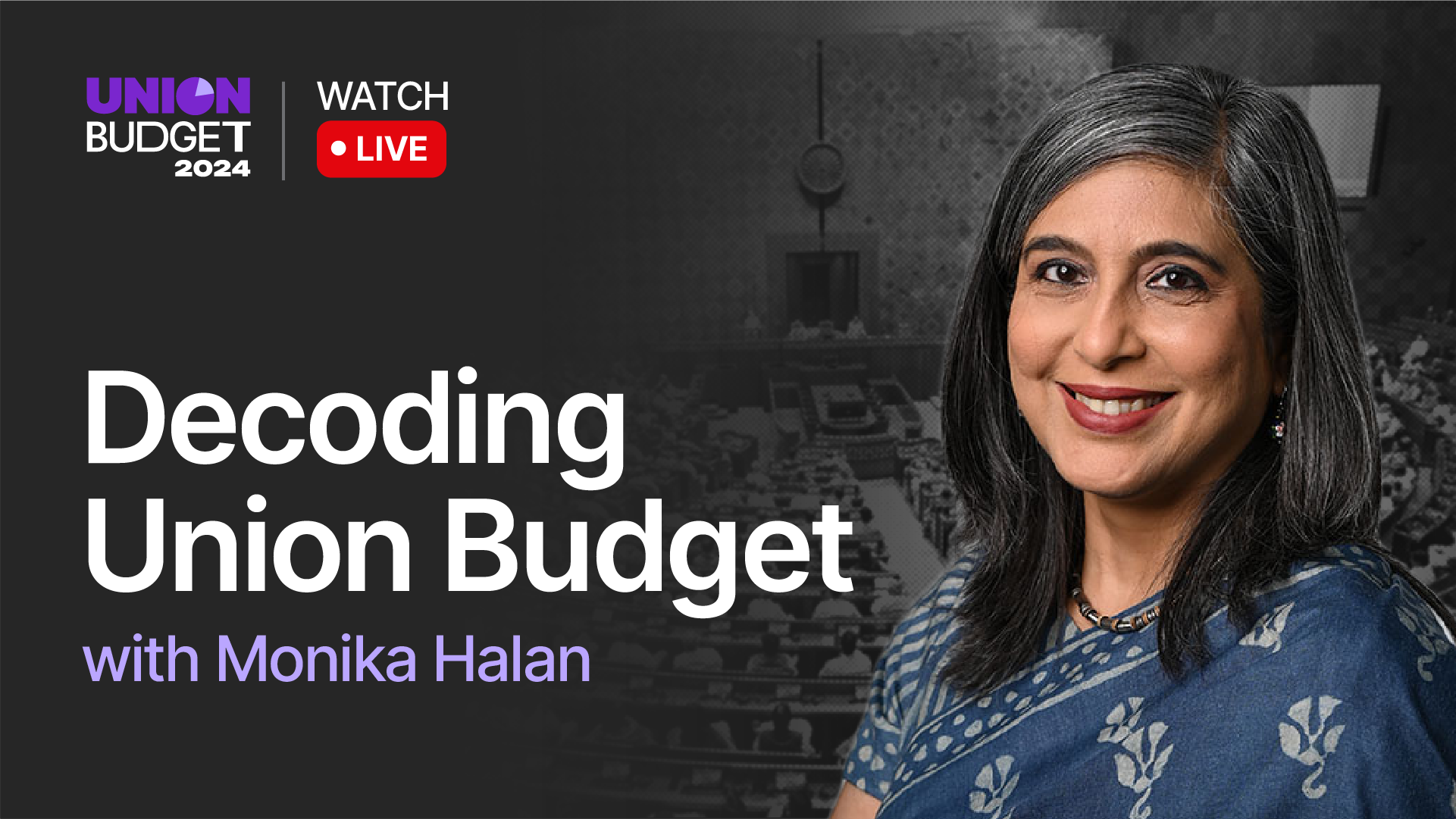Business News
Lagging deposits have led banks to sell retail loan portfolios
.png)
3 min read | Updated on July 26, 2024, 18:21 IST
SUMMARY
Indian banks have been selling retail loan portfolios to maintain a healthy credit deposit ratio. RBI data has showed that credit growth has been higher than deposit growth which has raised concerns about the gap between deposits and loans.

Retail loans form substantial part of bank's net interest margins
Retail loans make up the core part of most banks’ loan portfolio. Indian banks have rarely sold their retail loan portfolios, but recently, major banks like HDFC Bank have sold their retail loan portfolios to improve their credit deposit ratio.
What is the credit-deposit ratio?
The credit-deposit ratio denotes the percentage of deposits that have been given out as loans. Typically, banks prefer to loan out as much of the deposits as they can since they charge a premium on the loans compared to the interest they pay on deposits. This difference is precisely the income or margins they make. However, regulators also want to maintain sufficient liquidity in case of emergencies. Recent data has shown that deposit growth is slower than the demand for loans: at the end of June 2024, credit growth was 17.4% year-on-year (YoY), compared to deposit growth of 11.1% YoY.
What does a high credit-deposit ratio indicate?
For a bank like HDFC Bank, its credit-deposit ratio crossing 100% indicated that the bank had given out more loans than it had deposits. This happened partly because of the recent merger with HDFC, a non-banking financial company that relied on borrowings instead of deposits for its source of funds.
To moderate the ratio, HDFC Bank sold a retail loan portfolio worth $597 million to an undisclosed buyer. Srinivasan Vidyanathan, Chief Financial Officer of HDFC Bank, said the deal saw a good amount of interest in the market, and the bank will carry out such transactions at the appropriate price points.
Sashi Jagdishan, Managing Director and Chief Executive Officer of HDFC Bank, said the bank has made efforts to slow down its loans to improve the credit-deposit ratio while maintaining stability in a competitive environment.
Who else sold their retail portfolio?
Similarly, IDFC First Bank forayed into selling a retail loan portfolio in a securitisation deal to Citigroup worth ₹500 to ₹600 crore. Due to the strong performance of the bank’s asset portfolio, the deal received a healthy rating of AAA.
The rise in credit-deposit ratios has led the Reserve Bank of India (RBI) to raise concerns about bank deposits and how much of them are being given out as loans. As the apex body, the RBI would like banks to maintain sufficient liquidity and reduce the gap between deposits and loans.
Bottomline
With higher regulatory pressure and substantial interest in the market, it is likely that more banks will explore selling retail loan portfolios in the future. Banks have been discussing sale deals with foreign banks, state-led banks, debt mutual funds, and insurance companies.
About The Author
Next Story

